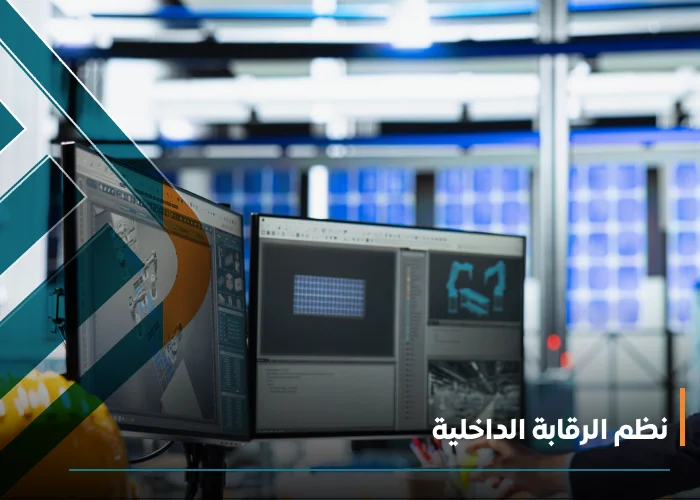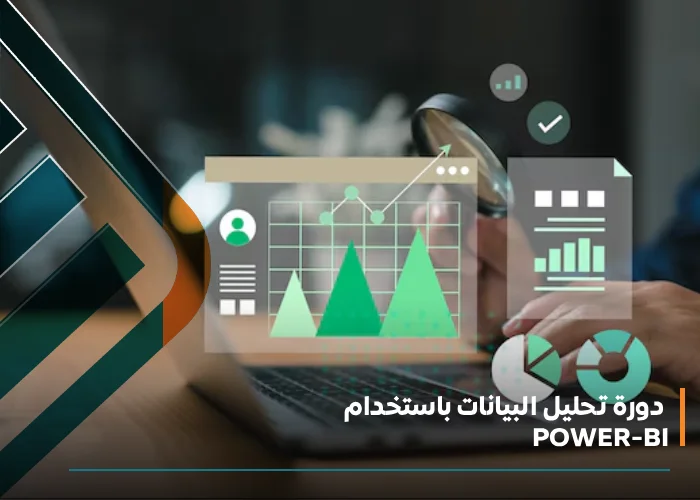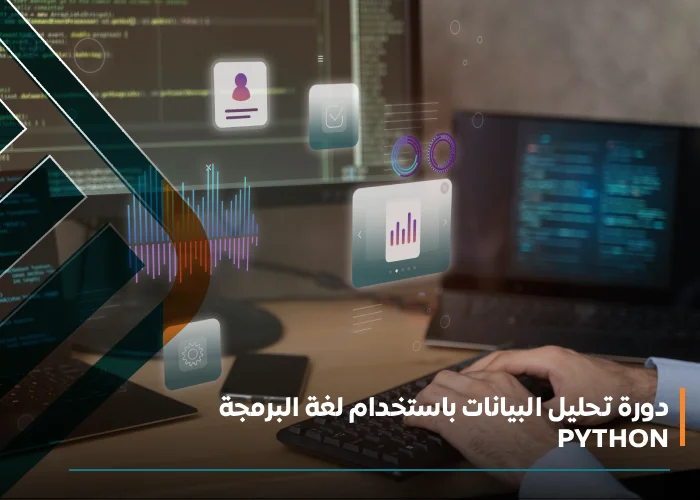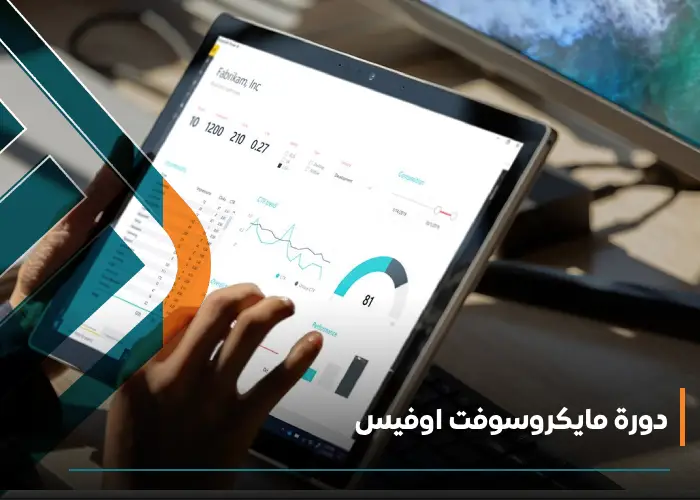
Program Objective:
To equip the trainee with the ability to effectively and efficiently apply internal control systems in government agencies.
Skills the Program Aims to Develop:
To enable the trainee to apply internal control systems in government agencies efficiently and effectively.
Objectives:
-
Internal control systems: their concept, objectives, and components.
-
Factors that contributed to the development of internal control systems.
-
Components of internal control systems.
-
Limits and evaluation of the effectiveness of internal control systems.
-
Internal control in the environment of electronic systems in government agencies.
-
The role of internal control systems in risk assessment and management.
-
The role of internal control systems in implementing governance and combating corruption.
Outcomes:
Upon completion of the program, the trainee will be able to:
-
Understand the internal control system.
-
Accurately identify the objectives of the internal control system.
-
Accurately identify the essential components of the internal control system.
-
Accurately and competently identify the factors that contributed to the development of internal control.
-
Easily identify the components of the internal control system.
-
Accurately and competently evaluate the effectiveness of the internal control system.
-
Accurately identify the limits of the internal control system.
-
Easily identify the key features of the electronic operating environment for accounting data in internal control systems.
-
Accurately and competently identify the issues related to internal control in the electronic operating environment.
-
Accurately identify the impact of using computers on the internal control system.
-
Efficiently apply internal control methods and procedures in electronic operations in government agencies.
-
Identify risks faced by electronic accounting information systems in internal control systems.
-
Accurately and competently identify the role of the internal control system in risk assessment and management.
-
Accurately and competently determine the role of the internal control system in implementing governance.
-
Accurately and competently identify the role of the internal control system in combating financial corruption.
-
Course title
Internal Control Systems -
Overall time
35 Hour -
Overall days
5 Day -
Course type
- Online
- Offline
About course
In the contemporary business world, internal control systems are considered one of the essential pillars to ensure the success and sustainability of companies. These systems contribute to enhancing transparency and ensuring compliance, which helps protect the assets of organizations and prevent fraud or manipulation. Internal control includes a set of policies and procedures aimed at improving overall performance and assessing potential risks in the workplace environment.
The Internal Control Systems course focuses on providing the basic concepts of internal control and the role of the COSO model in enhancing control systems in companies. We will cover how to implement control systems effectively, as well as tools for assessing organizational risks and how to address challenges using best practices in internal auditing.
If you aim to understand how to improve your organization's performance through the implementation of strong control systems, this course is the perfect choice for you. Join us to learn how to build a secure and sustainable work environment based on internal control as a tool for continuous success.
What is the Concept of Internal Control?
Internal control is one of the key factors that ensures efficiency and transparency in all aspects of organizational work. Simply put, it is a set of policies and procedures implemented within an organization to protect assets, achieve business objectives, and ensure compliance with legal systems and internal policies. Internal control systems are considered the first line of defense against risks such as financial manipulation, fraud, and inefficient operations.
The goal of internal control is to assess various organizational risks, such as financial, operational, and compliance risks, and to implement appropriate measures to mitigate them. It includes several key elements such as the control environment, risk assessment, control activities, information and communication, and ongoing monitoring to ensure the system's effectiveness.
Within internal control systems, many companies adopt the famous COSO model, which provides a reference framework for setting up and evaluating internal control within organizations. Through this model, financial and administrative processes can be improved, thus achieving a higher level of transparency and productivity.
In summary, the internal control system is the backbone to ensuring the continuity of organizational operations and achieving strategic goals, while maintaining compliance with both local and international legal standards.
The Importance of Internal Control Systems
Internal control is fundamental in contributing to the success and sustainability of organizations across various sectors. It not only protects organizational assets but also extends to improving operational efficiency, ensuring compliance with laws and regulations, and enhancing transparency in all financial and administrative processes. The internal control system is a decisive factor in achieving organizational goals by ensuring that work proceeds in a regular and efficient manner.
Through internal control systems, organizations can identify potential risks, such as financial fraud, errors in financial reporting, or compliance issues, and take preventive measures to avoid these risks. It provides a mechanism to ensure that all processes are conducted accurately and reliably, thus helping maintain the organization's reputation and its sustainability in the market.
The importance of internal control systems is also evident in improving the ability to make strategic decisions based on accurate and reliable data. Organizations that rely on strong control systems can respond more quickly and efficiently to market changes while ensuring compliance with all local and international regulations.
One of the leading institutions offering specialized courses in internal control systems is the Bader Center. The center works on empowering professionals to understand and implement the best internal control systems that align with global standards. Through accredited training programs, participants can learn how to build and implement effective internal controls that enhance their organization's ability to achieve its goals with efficiency and transparency.
Best Content for Internal Control Systems Course
Internal control systems are among the most important elements that contribute to the sustainability and increased effectiveness of organizations. In this training course, we will cover all aspects related to internal control to ensure the application of the highest performance standards and asset protection. Here are the key topics that will be covered:
-
Types of Internal Control
There are various types of internal controls that can be applied in organizations depending on their needs and goals. These include:
-
Preventive Control: Aimed at preventing errors or manipulation before they occur through appropriate procedures and controls.
-
Detective Control: Used to detect errors or violations after they occur by periodically reviewing processes to ensure accuracy.
-
Corrective Control: Focuses on taking corrective actions when errors are discovered, such as modifying procedures or systems that led to the violations.
-
Goals of Internal Control
The main objectives of an internal control system are:
-
Protecting Organizational Assets: Ensuring there is no manipulation or theft through strict controls on physical and financial assets.
-
Achieving Operational Efficiency: Improving internal processes and simplifying procedures to achieve the highest level of efficiency and reduce waste.
-
Ensuring Compliance with Laws and Regulations: Ensuring that all processes comply with local and international laws and professional standards.
-
Accuracy of Financial Reporting: Ensuring that the financial reports provided by the organization are accurate and reflect the true financial position.
-
Internal Control Standards
Internationally recognized standards for internal control, such as the COSO model, include the following:
-
Control Environment: Creating a culture of transparency and credibility within the organization.
-
Risk Assessment: Analyzing and identifying potential risks the organization may face and developing strategies to mitigate them.
-
Control Activities: Implementing procedures and measures to help manage risks.
-
Information and Communication: Effectively communicating information across all organizational levels to ensure control implementation.
-
Monitoring and Evaluation: Continuously monitoring to ensure that the internal control system is functioning effectively.
-
The Role of Internal Control in Enhancing Corporate Governance
Internal control is a key element that supports good corporate governance. It contributes to enhancing transparency, ensuring fairness among all parties, and ensuring that strategic decisions are made based on accurate and reliable information.
-
The Role of Internal Auditing in Internal Control Systems
Internal auditing plays a vital role in the internal control system by ensuring that all internal systems and policies align with the organization’s strategic objectives. It also helps improve processes and implement necessary changes based on internal assessments.
-
Applying Information Technology in Internal Control
With technological advancement, internal control systems are increasingly relying on technological tools like ERP systems and accounting software to enhance control processes and reduce human errors. Information technology helps organizations apply control more accurately and effectively.
-
Case Studies and Practical Applications
This course will present real-life case studies to understand how internal control systems are applied in actual organizations. We will discuss the challenges companies face in implementing controls and how to overcome them, providing participants with the opportunity to learn from real-life experiences.
-
How to Build an Effective Internal Control System
Participants will be trained on how to build a robust internal control system tailored to the organization’s needs. We will discuss the steps companies should follow to ensure internal control contributes to achieving strategic goals and provides a safe and reliable work environment.
Bader Center Features in Internal Control Systems Training
Bader Center is one of the leading institutions offering specialized courses in internal control systems, and it stands out with several features that make it the top choice for professionals looking to enhance their skills and achieve success in the internal control field. Here are the main features of Bader Center:
-
Accredited Certificates: Participants in the training courses receive accredited certificates from Bader Center, opening up extensive opportunities in the job market and boosting their professional credentials.
-
Intensive Practical Training: The center offers hands-on training that allows participants to apply what they’ve learned in a practical environment, making them more ready to tackle challenges in real organizations.
-
Continuous Support and Personal Follow-up: The center provides continuous support from instructors even after the course, ensuring that the skills learned are effectively applied and offering career advice to help participants grow professionally.
-
Employment Readiness: Bader Center focuses on preparing participants to meet the job market’s needs through professional guidance and specialized skills that qualify them to work in organizations that implement internal control systems.
-
Advanced Training Programs: The training programs at Bader Center cover the latest international standards in internal control systems, helping participants stay up to date with industry changes and best practices.
-
Networking Opportunities with Industry Experts: The center offers participants the chance to connect with industry experts, enhancing their ability to build a strong professional network that will support their career path.
Through these features, Bader Center ensures that participants are not only well-versed in internal control systems but are also equipped with the practical skills they need to succeed in the job market.

































